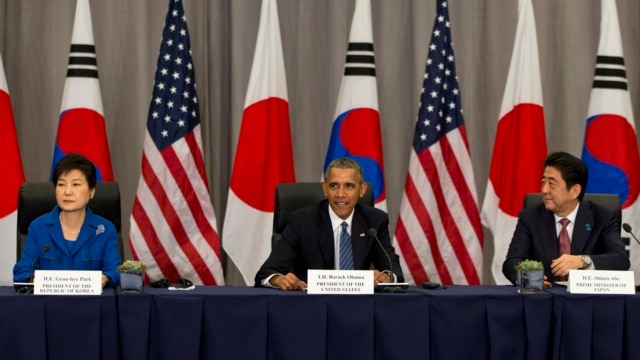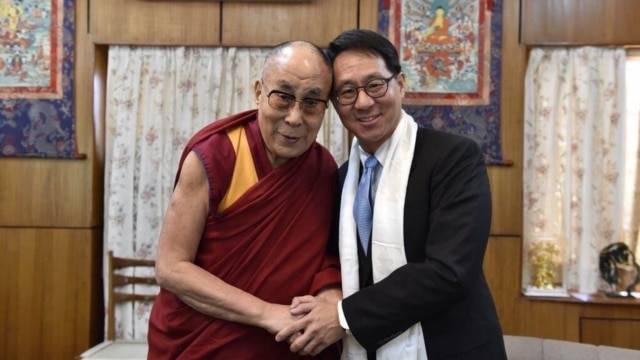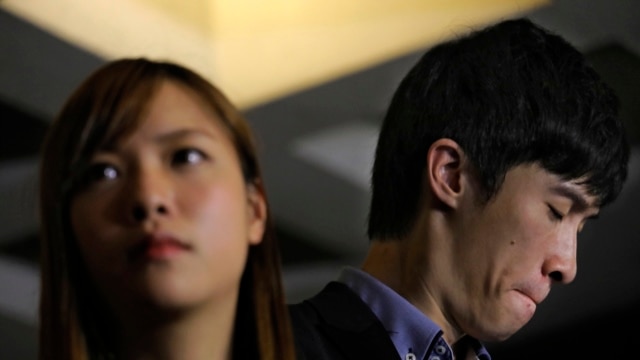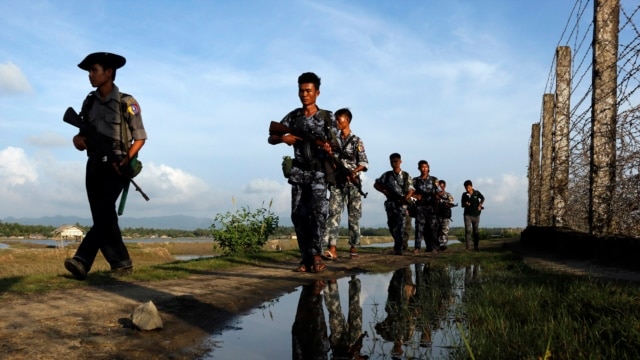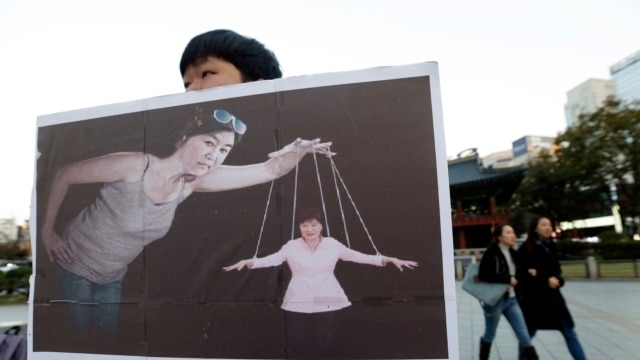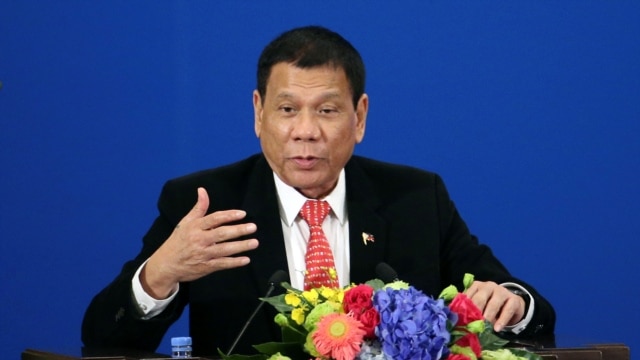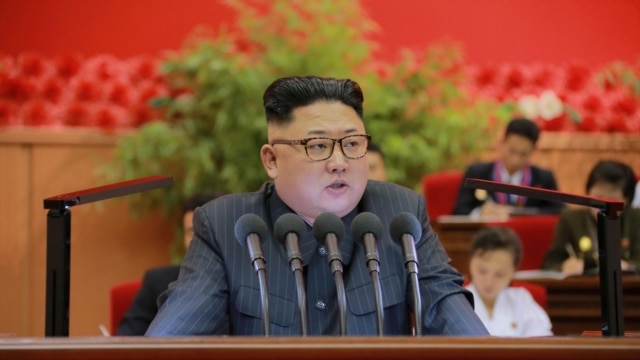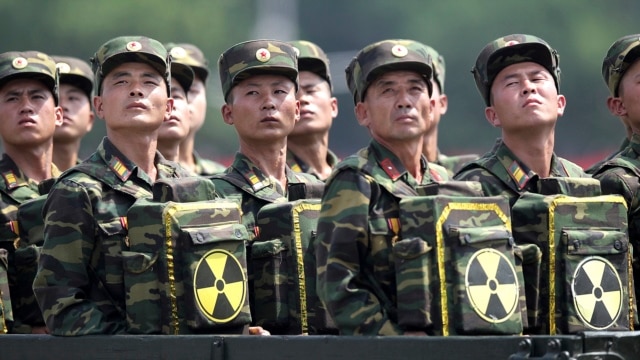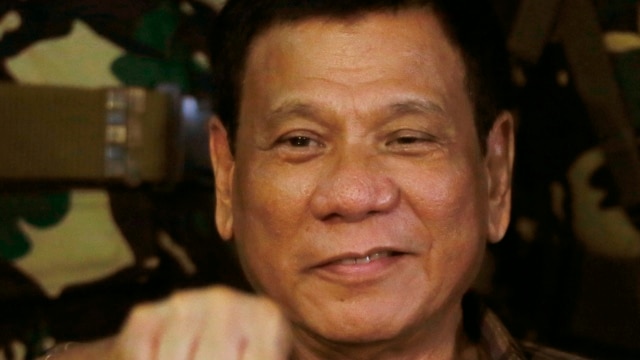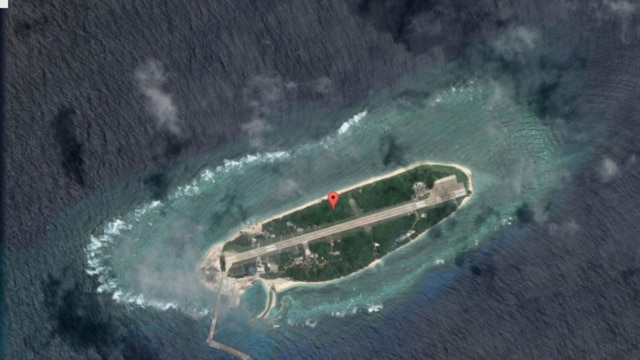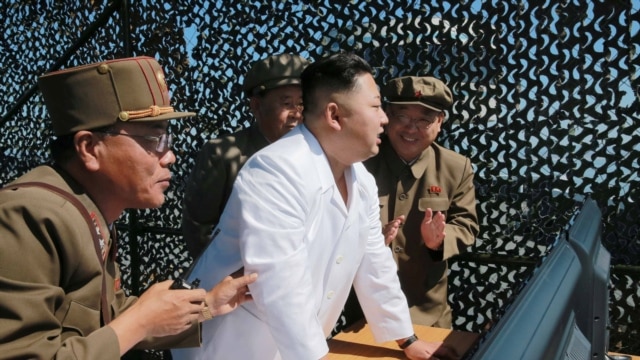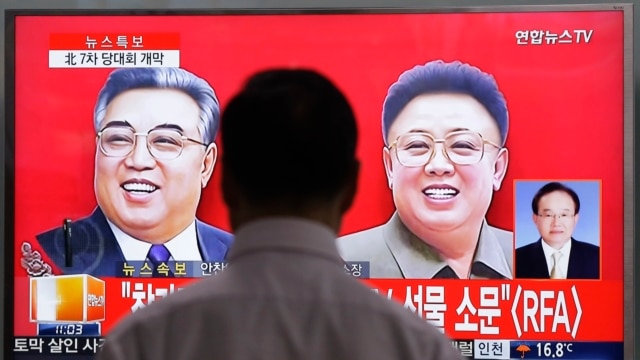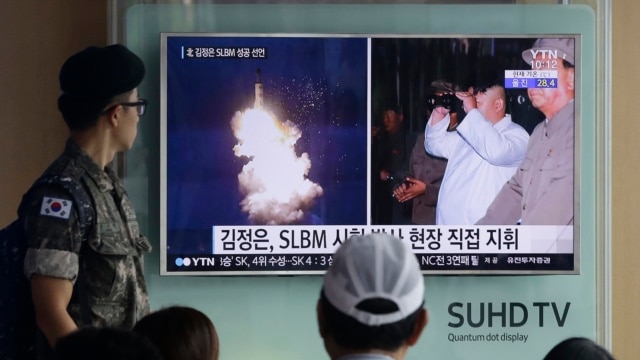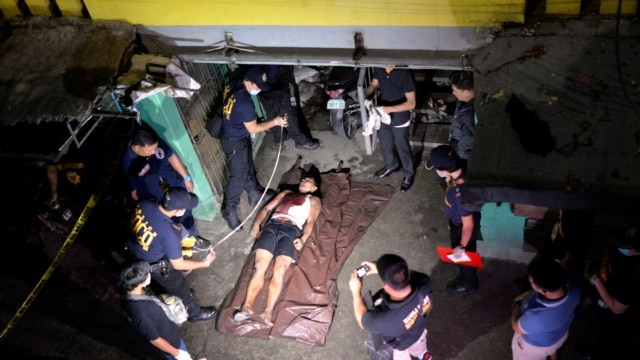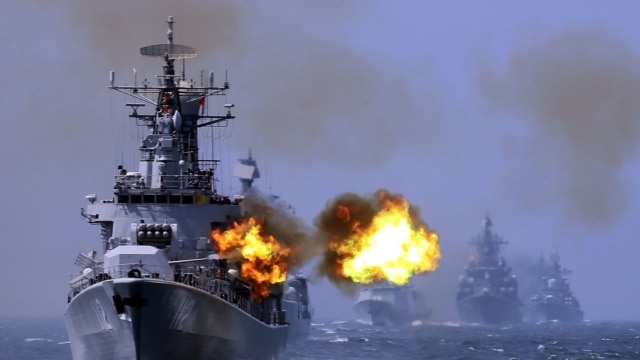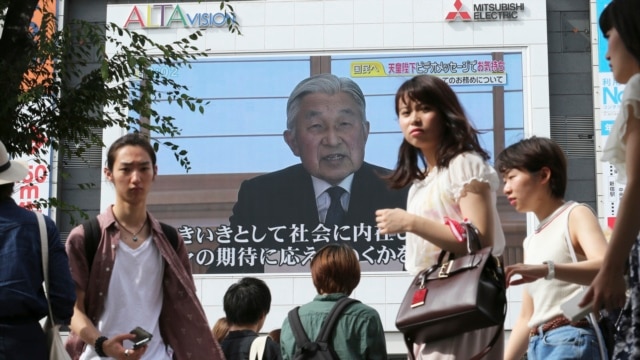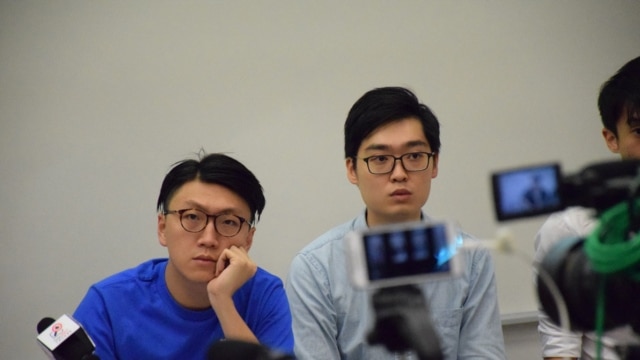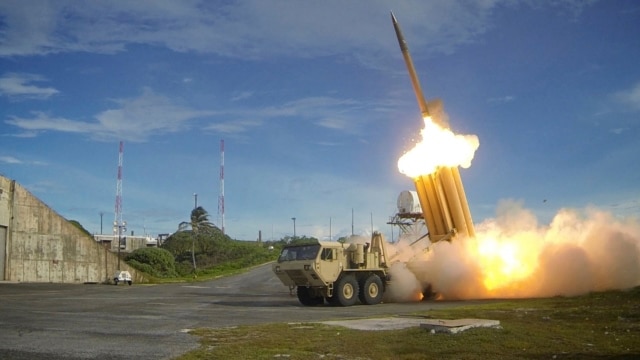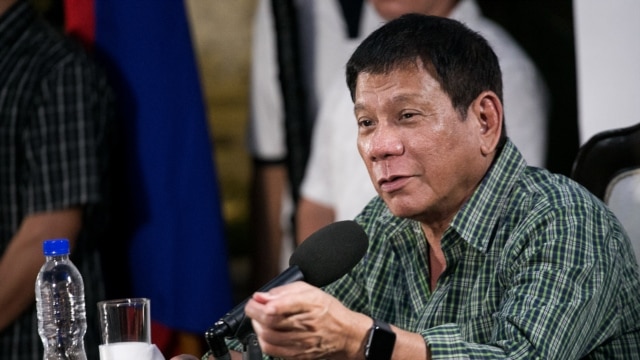Discover VOA Asia Weekly - Voice of America
VOA Asia Weekly - Voice of America
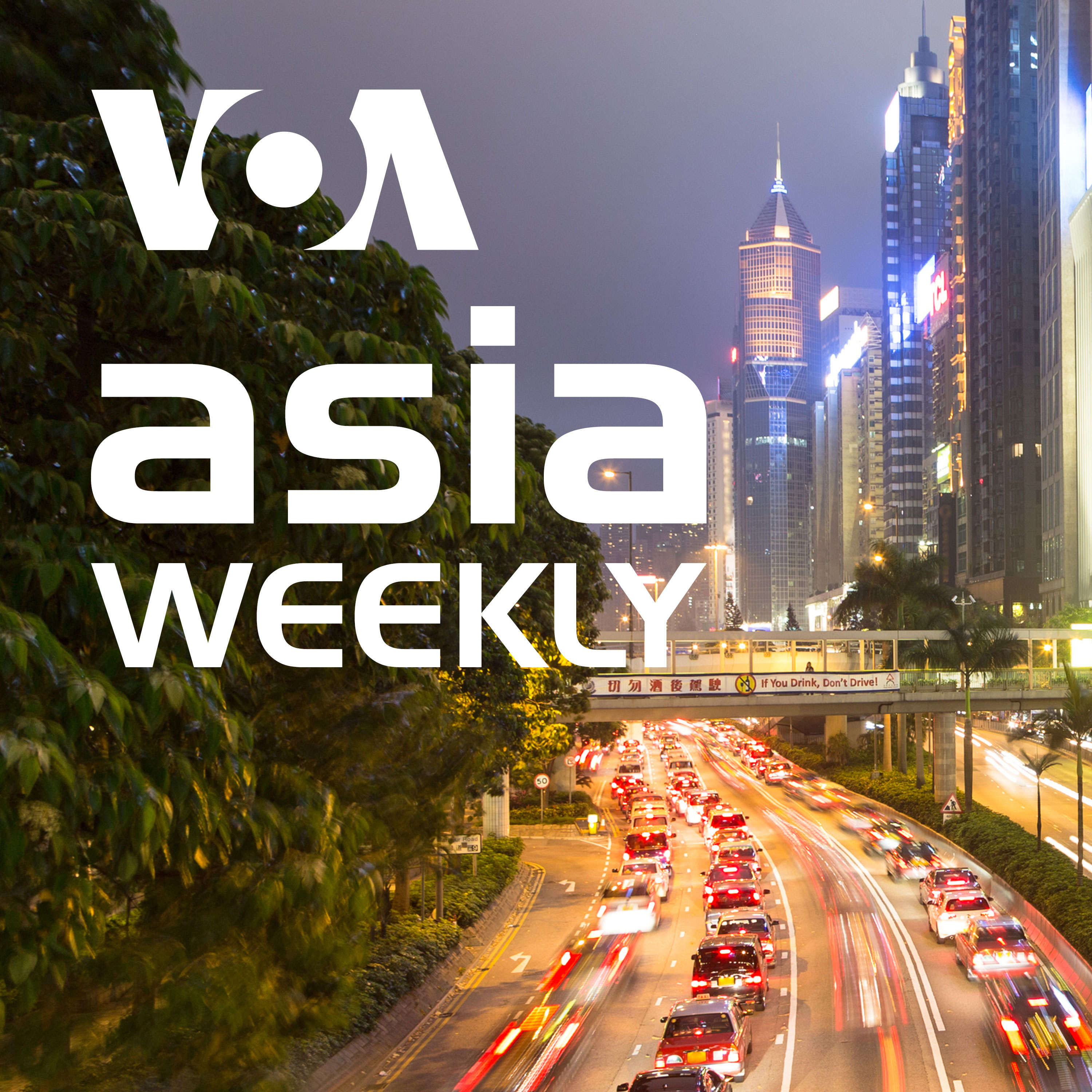
VOA Asia Weekly - Voice of America
Author: VOA
Subscribed: 12Played: 102Subscribe
Share
© 2016 - VOA
Description
VOA’s Asia Weekly brings you news, commentary, and analysis of some of the region’s biggest stories. Host Steve Miller goes beyond the headlines, speaking with regional experts and correspondents to uncover what’s really happening and place events into context.
28 Episodes
Reverse
South Korean President Park Geun-hye said she’d accept a mandate from the National Assembly to shorten her term after hundreds of thousands of South Koreans have peacefully called for the president to step down. Despite her unprecedented 4% approval rating, the president managed to secure an intelligence sharing deal with Japan. What’s the significance of the pact and why isn’t everyone happy about it? VOA’s Steve Miller reports.
Merriam-Webster defines insight as the ability to understand people and situations in a very clear way or an understanding of the true nature of something. One man whom many view as insightful, is the Dalai Lama. So, what’s it like to meet the spiritual leader of Tibet? Former Ambassador to the Asian Development Bank and Fellow at the Milken Institute Curtis S Chin shares his personal story.
Following two Hong Kong legislators-elect oath’s advocated a divide in the “one country, two systems” principle, Chinese President Xi Jinping addressed Beijing’s Great Hall of the People, making it clear that looking forward, there was only one China. What does the future hold for the Special Administrative Region?
Attacks have plagued Myanmar’s Rakhine State where border patrol police, soldiers, and insurgents have been killed. Aung Sung Suu Kyi’s near six-month-old civilian government faces criticism. Hunter Marston explains the origin of the conflict in the region and challenges facing the region’s Rohingya Muslims.
South Korean President Park Geun-hye is embroiled in a scandal that’s seen her approval ratings dip to unprecedented lows. Who is Choi Sun-il and why have thousands marched in Seoul calling for her impeachment or resignation and what are the larger implications for the country and the region? Katharine Moon, Nonresident Senior Fellow, Foreign Policy, Center for East Asia Policy Studies and professor at Wellesley College and Jonathan Miller, EastWest Institute's Fellow for the China, East Asia, and United States Program discuss.
Announcing not only he wished to “separate” from the United States, but that he wanted all foreign troops out of the Philippines in two years. President Rodrigo Duterte's comments have created uncertainty around his foreign policy. What do some think of the so-called “Punisher” charting a new course for the Asian archipelago away from its long-time ally?
2016 has seen a surge in nuclear and weapons test from North Korea, despite the United Nations levying the toughest sanctions to date against Kim jong Un and his government. What do those living in South Korea think about these policies and their results?
The Philippines’ President Rodrigo Duterte said many controversial things since being sworn into office on June 30, 2016. Since then, his domestic and international policies have brought about uncertainty over what direction the country will take as its economy hits a seven year low. The EastWest Institute’s Jonathan Miller and Milken Institute’s Curtis S Chin discuss the implications of the Philippine president’s remarks.
China has been drudging reefs in the South China Sea for more than a year, building harbors and installations some believe could be used for military purposes. But Beijing isn’t alone in creating outposts. Has island building in the South China Sea become the new norm? The RAND Corporation’s Scott Harold and Stratfor’s John Minnich discuss.
North Korea recently celebrated its 68th anniversary. To celebrate, leader Kim Jong Un fired off the country’s latest submarine-based test missile, detonated a fifth nuclear bomb, and conducted a rocket engine test. The world condemned the provocative actions of the defiant nation. Why has 2016 seen so many test? The Center for the National Interest’s Harry Kazianis and the University of Leed’s Adam Cathcart break things down.
Who were the first people to visit North America from abroad? Scattered throughout the American southwest are signs pointing to an answer. Dr. John Ruskamp, Jr. is the author of Asiatic Echoes and has spent more than a decade reaching these early travelers.
Sungju Lee is probably a name you’ve never heard before. He’s the son of a former North Korean military official, whose family fell out of favor. Relegated outside of Pyongyang, his parents abandoned him on the streets. So… how did he manage to defect to South Korea while on his own? Listen to his story in this week’s podcast and you’ll be able to read his full account in the new book, Every Falling Star, available beginning September 13, 2016.
Kim Jong Un is the third leader of North Korea. Since 2012, the young leader has conducted a pair of nuclear tests, threatened the United States with war, and shown no signs of stopping what Washington calls provocative behavior. Why, and what should the west do? Troy University’s Daniel Pinkston and One Free Korea’s Joshua Stanton discuss.
In less than two months, nearly 2,000 people have been killed in Philippine President Rodrigo Duterte’s war on drugs and corruption. Rights groups oppose the extrajudicial killings and there’s even been a government inquiry into suspected abuse, but what do those living in the Philippines think about the program?
A month has passed since an international court handed down a verdict against Beijing’s claims in the South China Sea. Harry Kazianis, Senior Fellow for Defense Policy at the Center for the National Interest and Greg Poling, Director of the Asia Maritime Transparency Initiative at the Center for Strategic and International Studies,discuss China’s actions and what can be done in the region.
Japanese Emperor Akihito addressed the nation August 8th. He brought up concerns regarding his health and the strains of the role he was born into. He also hinted that perhaps it was time to abdicate the throne, something he’s forbidden to do. How does his request fit within the Imperial Household and how are people responding?
Hong Kong’s Legislative Council will hold elections in September. Candidates are being required to a pledge that the Special Administrative Region is an inherent part of “one China.” Those that refuse aren’t allowed to run for office. What effect will this have on Hong Kong and its future? Stratfor’s John Minnich and Johns Hopkins School of Advanced International Studies’ David Lampton share their expertise.
After recent missile tests by North Korea, the US and South Korea have agreed to deploy a missile shield on the peninsula. Beijing objects, saying the move will hurt bilateral ties and destabilize the region. Could China be right? The Brookings Institution’s Katharine Moon and EastWest Institute’s Jonathan Miller weigh in.
Philippine President Rodrigo Duterte says he isn’t concerned with due process or human rights when it comes to waging his war on drug dealers. Could such a position hurt Manila’s standing in the region? Human Rights Watch’s Phelim Kine and Stratfor’s Philip Orchard discuss that state of human rights in the archipelago and what it could mean for Manila.


